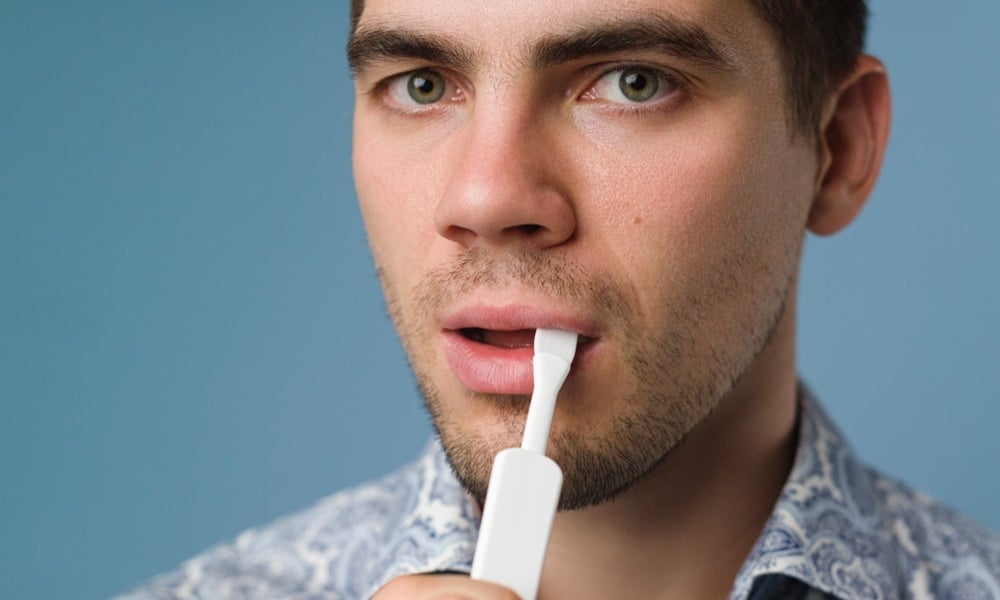Should you be tested for HIV? Why June 27 is a good day to do it.
June 27 is National HIV Testing Day. Have you been tested?
The Centers for Disease Control and Prevention report that of the estimated 1.1 million people in the United States who have the HIV infection, 1 in 7 don’t know their status.
That is especially true for youth ages 13 to 24 that make up 21 percent of the nearly 40,000 new HIV diagnoses made in 2017. More than 50 percent of youth who have HIV don’t know about their infection.
Only 9 percent of high school students report having been tested for HIV. Many people do not get tested because of lack of access to health care, fear and misperceptions about HIV risk and the testing process, and health care settings that lack HIV testing as a routine part of care.
As a nurse at a clinic that treats sexually transmitted infectious diseases, I frequently saw patients visit the clinic requesting HIV testing because their provider did not want to test them for HIV, or their provider said they did not offer HIV testing. We would also see young people at the clinic because they could not always be assured of confidentiality at their doctors’ offices.
Related | Why Ending HIV Rests on Finding a Cure and Prevention
Nurse practitioners play a valuable role in testing of HIV in youth. A colleague and I recently published an article on HIV testing that showed nurse practitioners are less likely to perform HIV testing on people younger than 18 years of age. That may be in part because of issues related to patient confidentiality, consent, and linkage to care when a person tests positive.
Nurse practitioners are in a unique position to educate youth about HIV, refer youth to health services including HIV testing and perform HIV testing. But currently, nurse practitioners do not have full practice authority in all states. One way to increase HIV testing for all persons might be to include giving nurse practitioners the full authority under state regulations and practice acts to test for HIV.

Testing a major breakthrough
The development of testing technologies has been one of the two leading breakthroughs to the possibility of ending the HIV epidemic; the other is pharmacological interventions that effectively manage the disease and prevent transmission. Our nurse practitioner study concluded that nurse practitioners have an important role to increase HIV testing rates and could help put an end to HIV.
Nevertheless, many people don’t know if they should be tested, and so they are not.
Although it has been nearly 40 years since the beginning of the HIV crisis, the CDC reports that the infection continues to affect gay, bisexual and other men who have sex with men of all races and ethnicities; black and Latino men and women; people who inject drugs; people aged 25-34; and people in the Southern U.S. disproportionately.
There are national recommendations and practice guidelines for nurse practitioners to test for HIV. However, the rate at which they screen for HIV is low, as my colleague Gale Spencer and I reported in our recent study.
Related | A Cure for HIV: Is the Cure for HIV a Viable Option?
We found that the strongest predictor of nurse practitioner HIV testing behavior was the practice setting’s social pressures that influence HIV testing. In other words, when office staff supported routine HIV screening, then nurse practitioners were more likely to test for HIV, even when it took more time.
Also, nurse practitioners believed that when “consent from a parent/guardian should be obtained before screening for HIV in a person younger than 18 years,” they were less likely to screen for HIV. This means that better policy and procedures are needed to help guide providers for testing those younger than 18. We believe this is pivotal, given that among young people between the ages 13 and 24 with HIV, nearly half are not aware of their status.

Testing guidelines for all
According to the CDC recommendations, everyone should be tested at least once between the ages of 13 and 64 as part of routine health care.
Also, if you are pregnant or planning to get pregnant, the CDC recommends that you should get tested as early as possible.
You should also get tested at least once a year if:
- You are a sexually active gay or bisexual man
- You have had sex with an HIV-positive partner
- You have had more than one partner since your last HIV test
- You have shared needles or “works” to inject drugs
- You have exchanged sex for drugs or money
- You have another sexually transmitted disease, hepatitis or tuberculosis
- You have had sex with anyone who has done anything in this list, or with someone whose sexual history you do not know.
Also, the CDC recommends testing before having sex for the first time with a new partner. The agency also recommends that you talk about sexual and drug-use history.
In January, 2019, the World Health Organization made the proposal to declare 2020 the “Year of the Nurse and Midwife.” Nurses provide the essential link between the people of the community and the complex health care system. With their help, more youth – and others – can get tested.
Jodi Sutherland is a Clinical assistant professor at Binghamton University, State University of New York.
This article is republished from The Conversation under a Creative Commons license. Read the original article.







